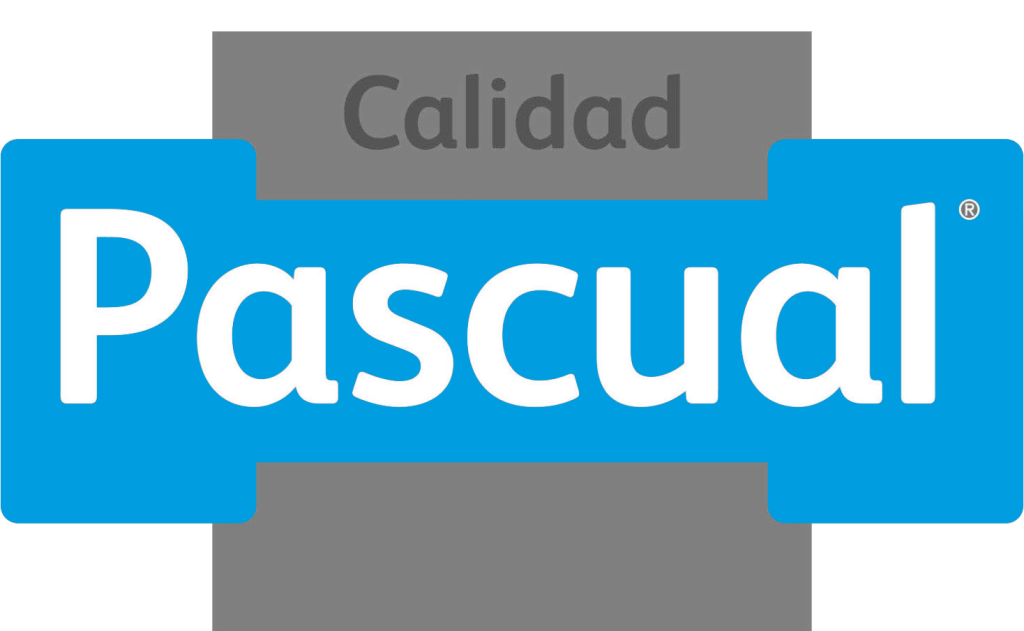What is Remote First Culture?
Remote First Culture involves adapting and integrating remote work into the culture of the organization. In other words, Remote First Culture means that the entire company can determine how the business operates regardless of the location of its teams, ensuring that there are no differences between office workers and remote workers.
This challenge is only possible when organizations incorporate into their way of thinking and doing the new ways of working in which their teams identify and deliver value.
Advantages of Remote First Culture
In today’s global economy, and in the wake of the worldwide pandemic of the COVID-19 virus, working remotely is no longer a novelty. Companies and organizations worldwide have discovered the benefits of adopting a Remote First culture. Cost and resource savings, ease of access and talent attraction are just some of the benefits. On the other hand, workers find better work opportunities, increase their productivity, motivation and work-life balance.
The importance of adopting an Agile mindset
Therefore, it is clear that Remote First Culture is a win-win for everyone. It is achieved with the experience and commitment of employees, but organizations must identify when and how to adapt their agile mindset, processes, and methodologies to the new reality.
To achieve this, they must enhance the collaborative skills and agile competencies needed to meet the identified challenges and offer facilitation techniques and tools that help and improve remote and collaborative work culture. In addition, they should develop bonds of trust with their employees and enhance their skills to carry out remote facilitation sessions and activate the competencies, tools and techniques learned.
What is our approach?
Our proposal is based on identifying the main challenges faced by leaders and teams working in physical and virtual environments and giving support in defining solutions to these challenges to achieve a cohesive and productive hybrid team.

Management Skills
To develop in teams the necessary competencies to manage, motivate and empower hybrid teams.

Leadership Culture
Foster a common culture of leadership, based on shared values, principles and practices that enhance the hybrid experience of the teams.

Strategic Visual
Iteratively and incrementally co-design a Hybrid Work Culture that integrates employee preferences, is perceived as equitable, fair and considers all team positions, tasks, projects and workflows.
Remote First Culture Courses

Get certified with Collaboration Superpowers
Netmind has official facilitators to offer the following workshops accredited by Collaboration Superpowers: Improving your Hybrid Work Culture, Working in Virtual Teams , Leading Virtual Teams y Agile Remote Facilitation.
They rely on Netmind
Leading Virtual Teams
Agile Remote Facilitation
Working in Virtual Teams
Cultura del Trabajo Híbrido





